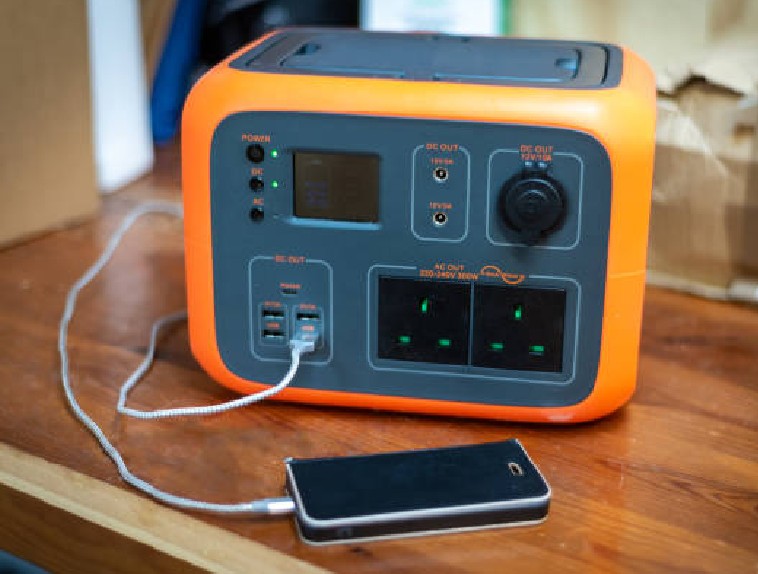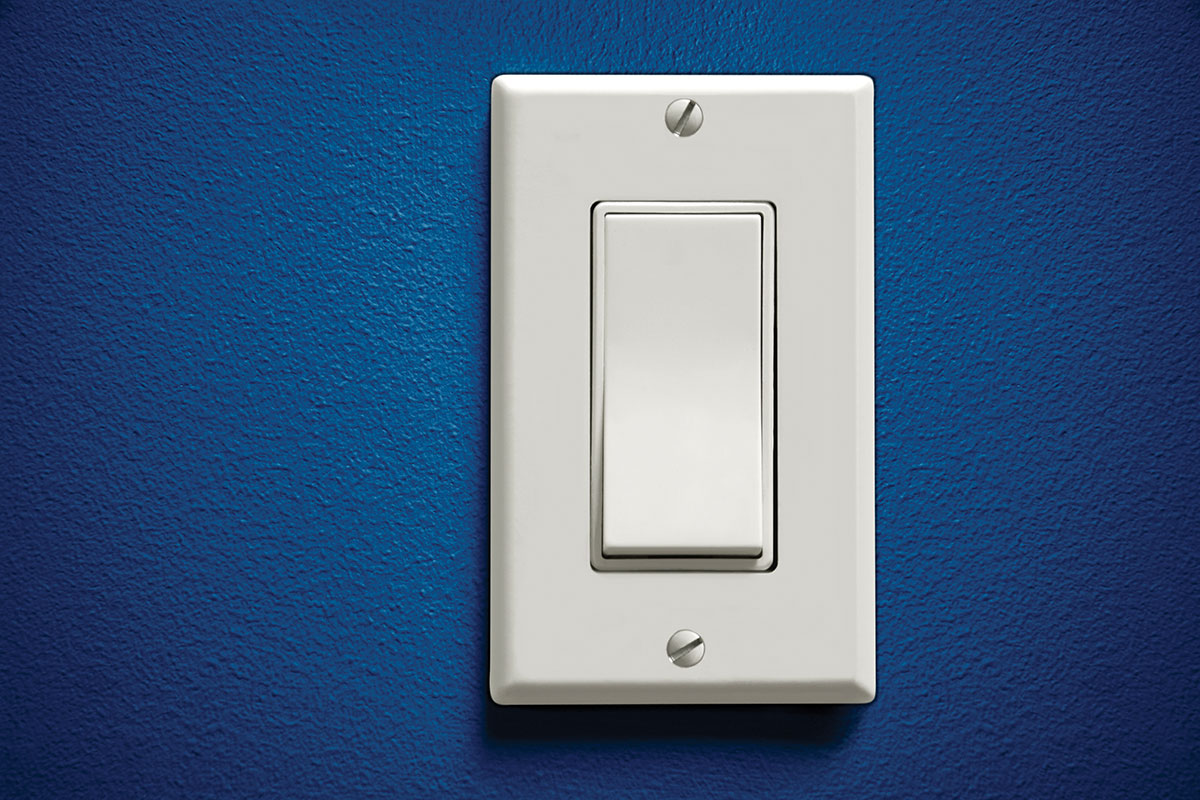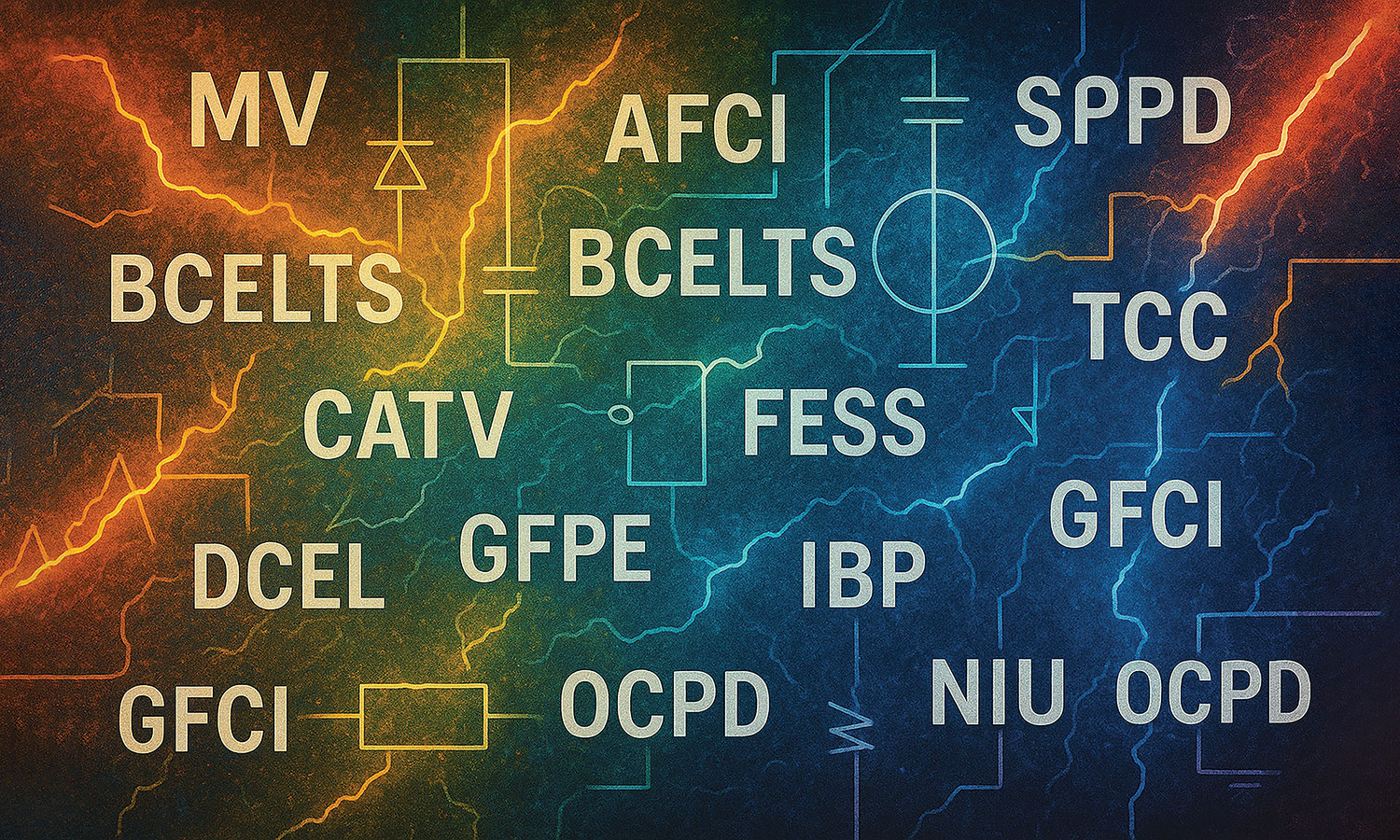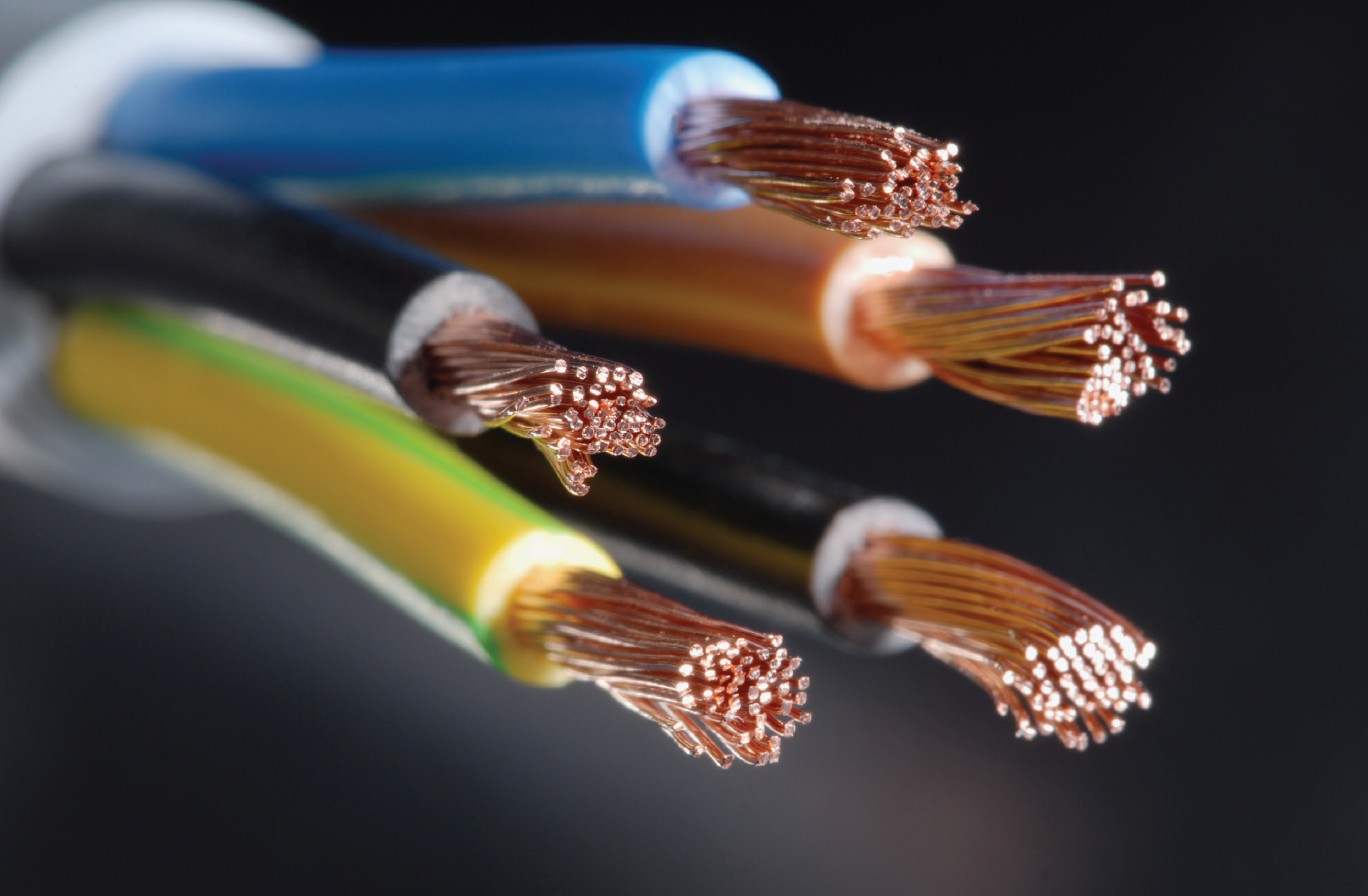Certification is an important step in the progression of becoming a truly professional, highly trained and skilled electrical inspector. The Canadian Section of the IAEI promotes an inspector certification program in Canada and operates separately from its counterpart in the United States. An article on the Canadian Electrical Inspector Certification Program is scheduled for a later date.
The IAEI participates in an electrical inspector certification program along with the Building Officials & Code Administrators International (BOCA). Several states also participate in the program. BOCA and the state of New Jersey had major roles in the development and implementation of the program. The Educational Testing Service of New Jersey worked with the sponsoring organizations in providing professional services in both development and administration. The Chauncey Group International presently serves as the administrator for the program. Other inspector certification programs also exist. The International Conference of Building Officials (ICBO) and the Southern Building Code Congress International (SBCCI) each have an inspector certification program. The IAEI and ICBO have a memorandum of understanding to recognize one another’s certification.
IAEI Bylaws include provisions that contain the basic framework for establishing and maintaining an inspector certification program. They are: “The IAEI is to establish an electrical inspector certification program designed to meet all IAEI program objectives and, if deemed necessary, to participate with other national, regional, state or provincial authorities, agencies or groups in established and recognized certification programs. The IAEI program is to have inspector certification modules consisting of not less than: (1) Electrical Inspector, General; (2) Electrical Inspector, One- and Two-Family; and (3) Electrical Inspector, Plan Review.” In following this provision of the IAEI Bylaws, the IAEI actively works within the established program to assist in providing the necessary administrative and technical support to help make the existing program meet its objectives.
One objective that the IAEI has not achieved is the implementation of a recertification program to help those who hold inspector certificates maintain an acceptable level of continued training. The provisions authorizing a recertification program are already in the IAEI Bylaws and plans are to take steps necessary to have the program operational by the end of the year. It is important for this service to be offered to members and others who hold certification issued by the IAEI. The IAEI education committee is scheduled to meet within a few months and one major item on the agenda is to provide recommendations on how to best implement the program. Additional provisions or guidelines need to be developed before the recertification program can be fully functional. In addition to meeting the need of IAEI certificate holders, it is important that the program implemented will also be recognized by other organizations which have recertification programs.
While the existing program used by the IAEI effectively tests a person’s knowledge of the Code, recommendations are coming from within the electrical industry to develop a more comprehensive inspector certification program. Concern expressed by industry is that one who has no experience in electrical construction can become certified through existing programs simply by learning Code rules well enough to pass the examination. The complaint is that knowing what the Code rules are does not necessarily mean that the individual either understands the significance of the rules or knows how to apply them. It is stressed that an electrical inspector must not only know electrical code rules, but he or she must also understand electricity and electrical systems in order to know how to evaluate what they see in an actual installation in the field and know how and when to properly apply Code rules. The issues raised by members of the electrical industry will need to be addressed in the near future.














Find Us on Socials